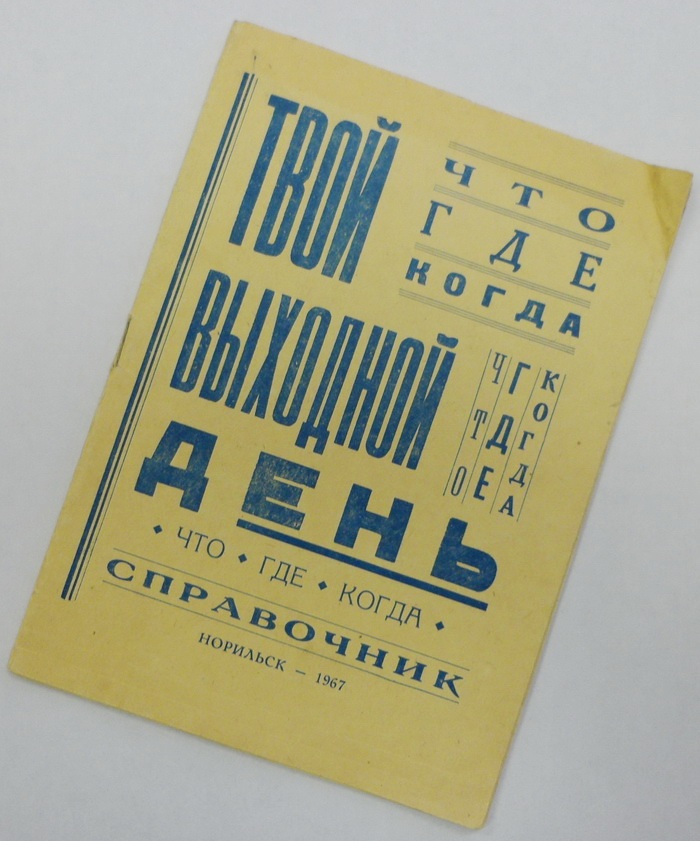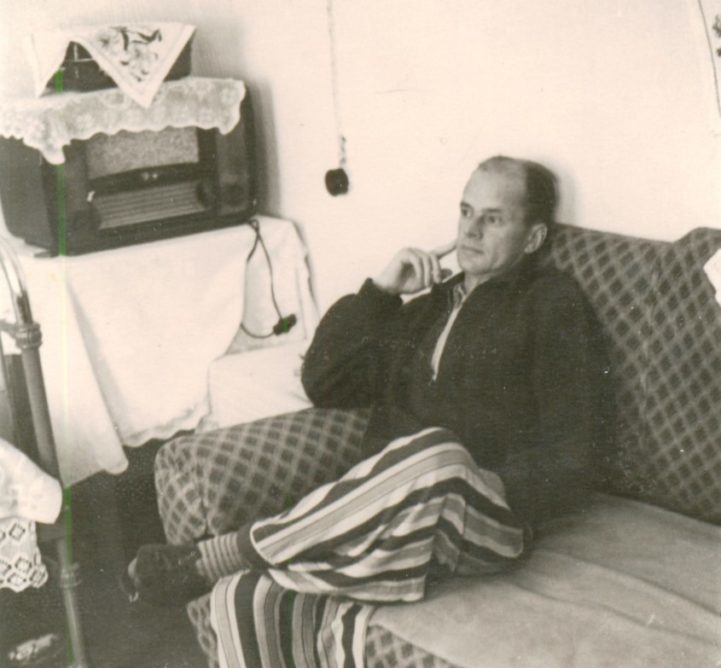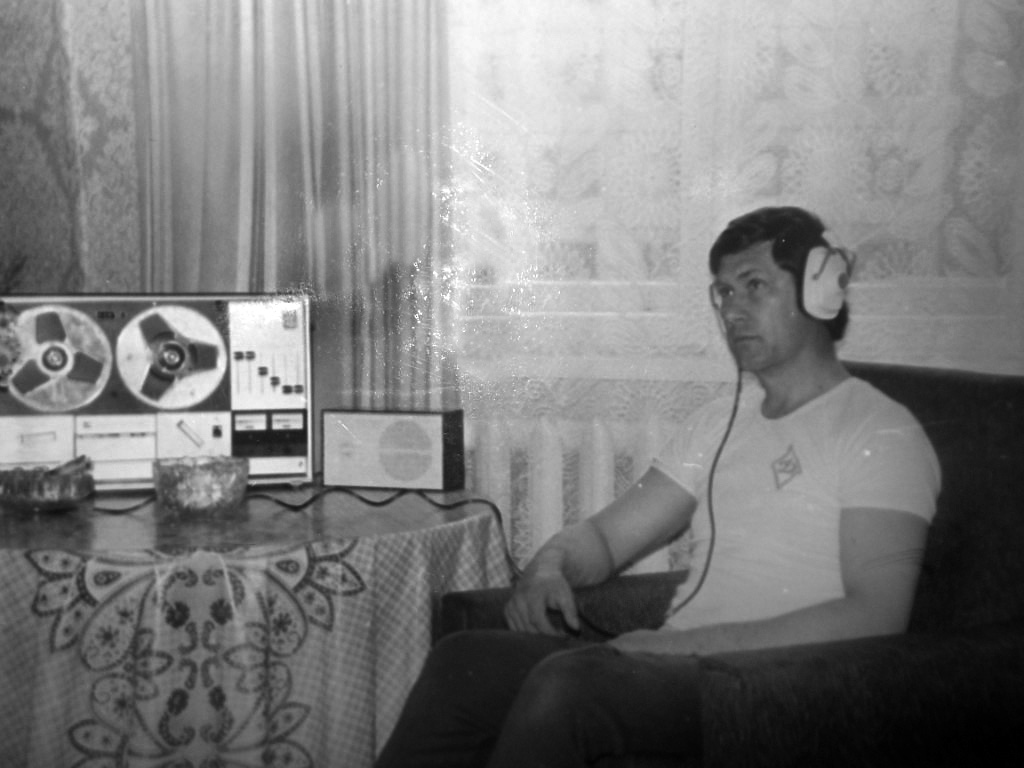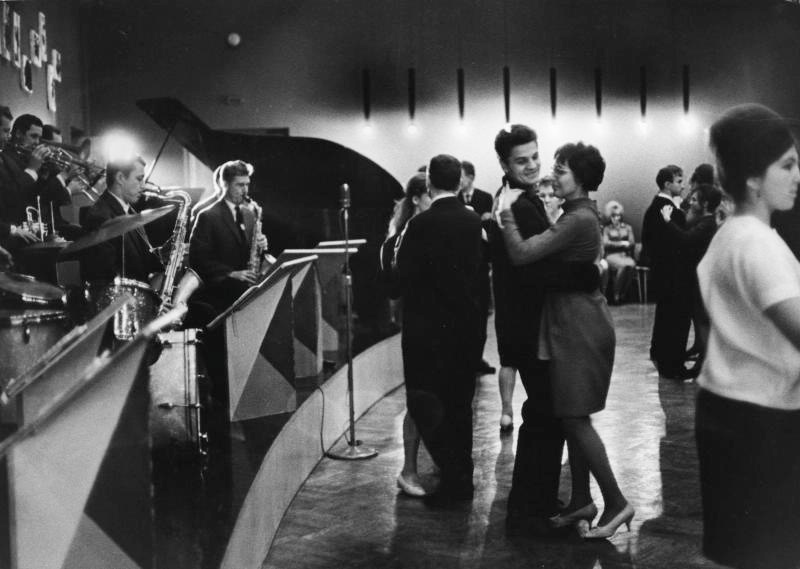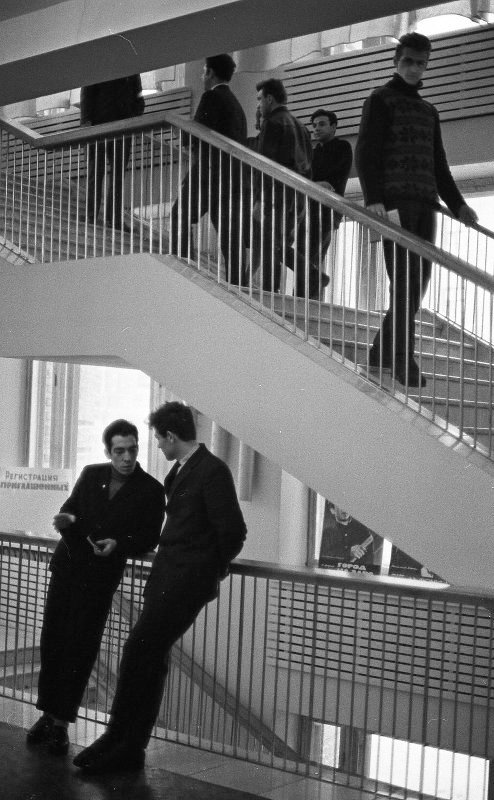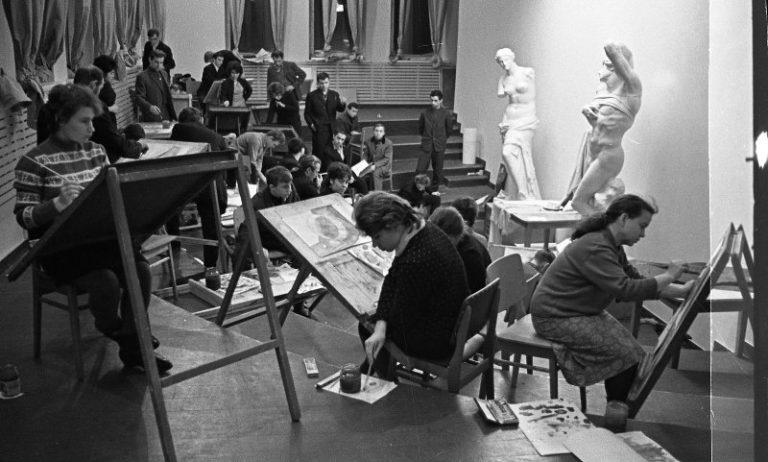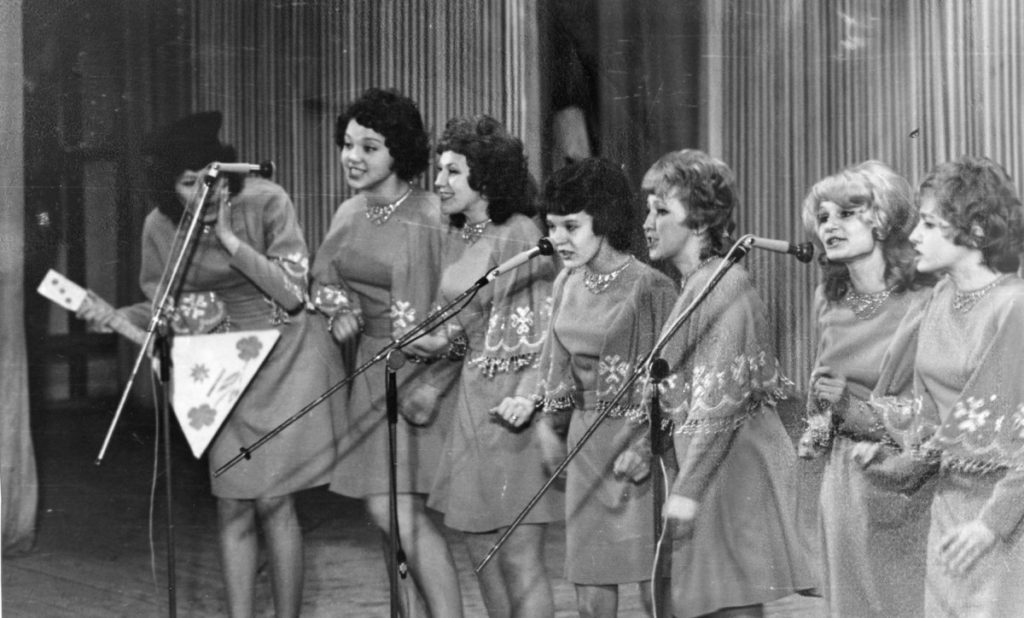#ARCTIC. #SIBERIA. THIS IS TAIMYR. The only day off – Sunday – was regularly spent on working: the city grew, and the method of ‘people’s’ construction was very popular.
In 1967, the Norilsk combine, in a single impulse with the whole country, switched to a five-day period. But for such a large production with continuous technological processes, it was not an easy task.
The transition to the new schedule required serious preparation. The city newspaper even published explanatory articles under the following headings: Our Working Five-Day Week or even Saturday is for a Person!
It was desirable that the workers spent Sundays profitably, not on various bad habits. Soviet workers had to devote more time to self-education, raising the cultural level and sports.
In Norilsk, a ‘weekend headquarters’ was created. Every week, it determined cultural, sports and family events for the city residents.
In newspapers, lecture halls and even in special brochures-guidebooks, the Norilsk residents were reminded that the city had an institute, cinemas, libraries, a theater, a Palace of Culture, a House of Technology, and in general ‘there was no hobby, or leisure activity that could not be done in Norilsk’.
For example, in 1967, at a festive evening dedicated to the anniversary of the Great October Revolution, the first performance of the vocal ensemble Snezhinka took place in the Palace of Culture. Our Norilsk girls sang in the ensemble that became legendary, and the song Norilchanochka became the hallmark of the girls’ collective. For this anthem of all the townspeople here, in Norilsk, they even shot a video, black and white, but very fashionable: the girls there not only walked along the square and Leninsky prospect, but also sunbathed in bathing suits on the beach of Dolgoye lake.
In the last issue of the History spot photo project, we talked about the fact that the Laureates’s street was named after eleven Norilsk residents.
Follow us on Telegram, Instagram and Facebook.
Text: Svetlana Samohina, Photo: Nornickel Polar Division archive

